
Continuous controls monitoring 'transformative' for security
According to a new report from RegScale and The CISO Society, 94.2 percent of CISOs believe continuous controls monitoring (CCM) has the potential to significantly enhance both compliance and security outcomes.
As organizations struggle with manual workflows, data silos, and limited integrations, CCM provides an effective way to improve visibility, automate processes, and better align security and compliance efforts.

Mobile intelligence APIs open up visibility into enterprise mobile security data
Mobile and cloud security company Lookout is launching new Mobile Intelligence APIs integrating critical security data from mobile devices into the solutions already in use by enterprise security teams -- those like SIEM, SOAR, and XDR.
This is aimed at allowing security teams to identify cross-platform attacks, risky trends or abnormalities, and potential risks.

Increasing business process complexity could lead to chaos
A new report shows 82 percent of organizations fear 'digital chaos' due to increasingly complex, interconnected, and automated processes. According to the report, a lack of control has increased compliance risks for 82 percent of organizations, while 77 percent report higher risks of core business processes failing.
The study from Camunda highlights that organizations now manage an average of 50 endpoints to execute tasks that are part of a process in their business. This is an increase of 19 percent over the past five years, and is contributing to growing business risk.

Why strong data foundations are essential to implementing AI [Q&A]
Lots of organizations are rushing to embrace AI and hoping to deliver business value. But AI is only as good as the data that underpins it.
We spoke to Julian LaNeve, chief technology officer of Astronomer, to discuss why it's important to fix the foundations before implementing AI solutions.

Scam eCommerce sites became a major threat in 2024
A new report from Recorded Future's Inskit Group looks at the emerging and evolving key fraud threats in the payments industry.
It identifies nearly 1,200 scam website domains linked to networks of scam merchant accounts. Most of the scam merchant accounts discovered were registered in the United Kingdom and Hong Kong, and scam tactics, techniques, and procedures (TTPs) grew more subtle and sophisticated throughout the year.

UK government set to make all your licenses and other official documents available via a digital wallet
Hot on the heels of its plans to turbocharge AI usage, the UK government has today announced that it wants to introduce a new GOV.UK Wallet, a digital wallet that will hold official documents.
Starting with Veteran Cards and Driving Licenses this year, it will expand to take in things like Blue Badges for disabled drivers, Personal Independence Payment (PIP) letters, Disclosure and Barring Service (DBS) checks and every other credential issued by the government.
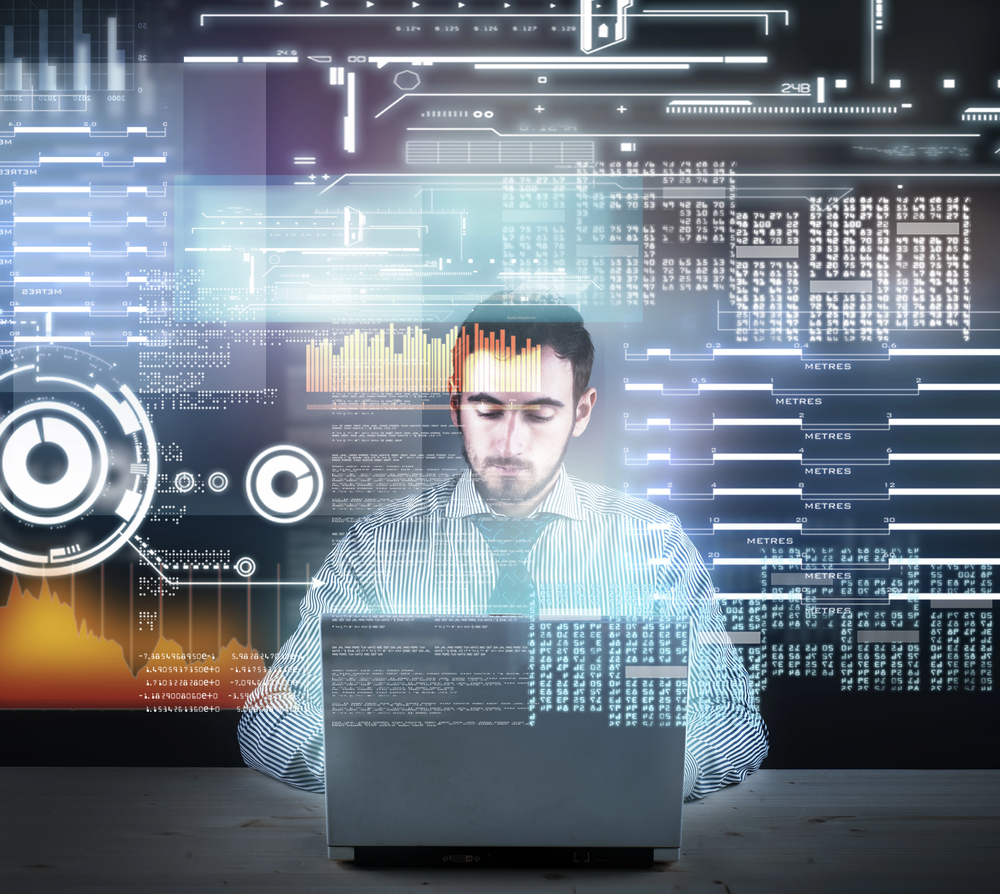
CrowdStrike outage prompts businesses to overhaul supply chains
The CrowdStrike outage of July 2024 has triggered a major rethink of tech supply chains, as businesses around the world look to build IT resilience and minimize risk.
New research from Adaptavist shows that in the wake of the incident, which affected 8.5 million devices worldwide, there's a decisive shift in vendor relationships and a loss of confidence in traditional single-vendor approaches, with only 16.25 percent of respondents expressing satisfaction with their current providers.

Key developments and challenges in LLMs [Q&A]
Large language models (LLMs) have undergone rapid evolution in recent years, but can often be viewed as something of a 'black-box' as a lack of transparency makes it difficult to identify how decisions are made, trace errors, or understand biases within the model.
We spoke to Pramod Beligere, vice president -- generative AI practice head at Hexaware, to discuss this along with the tools that are being developed, such as explainable AI and interpretable models, to make AI systems more understandable, trustworthy and accountable.
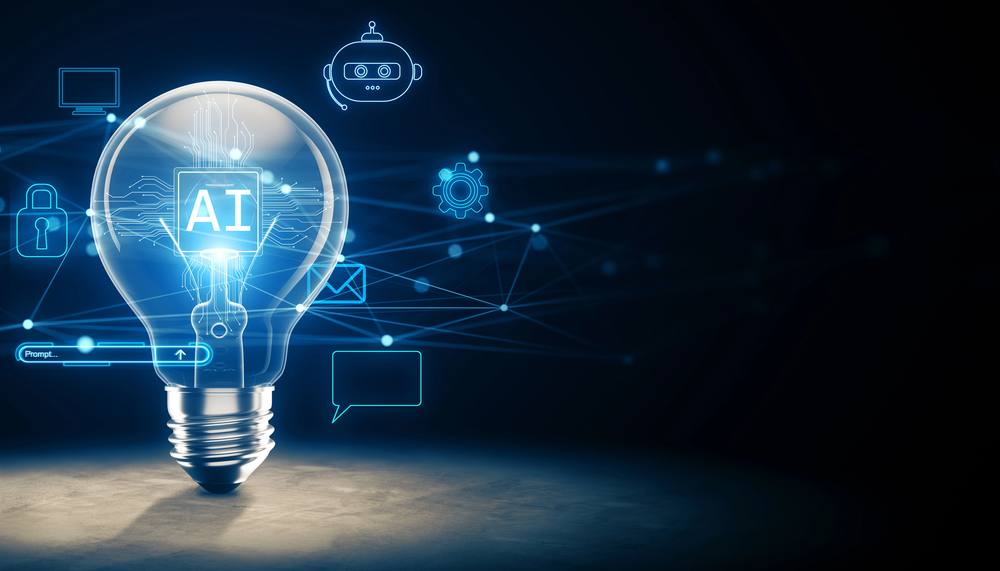
How much power does your AI use? Most businesses don't know
According to new research only 13 percent of businesses are monitoring their AI’s energy consumption despite escalating power demands.
The study from SambaNova Systems gathered responses from 2,012 business leaders (1,004 in Europe and 1,008 in the US) finds that 49.8 percent are concerned about the energy and efficiency challenges posed by AI.

Supply chain 'butterfly effects' what are they and how do you navigate them? [Q&A]
The world is a pretty unstable place at the moment, which can lead to problems when it comes to making decisions on whether to invest in new technologies -- particularly in the context of a rapidly changing landscape for supply chains.
We spoke to Jonathan Barrett, CEO of Kallikor, to discuss how a new generation of AI-powered digital twin technology can help businesses to anticipate changes brought about by events outside their control, and adopt efficiency-driving technologies, such as robotics and automation, with confidence.
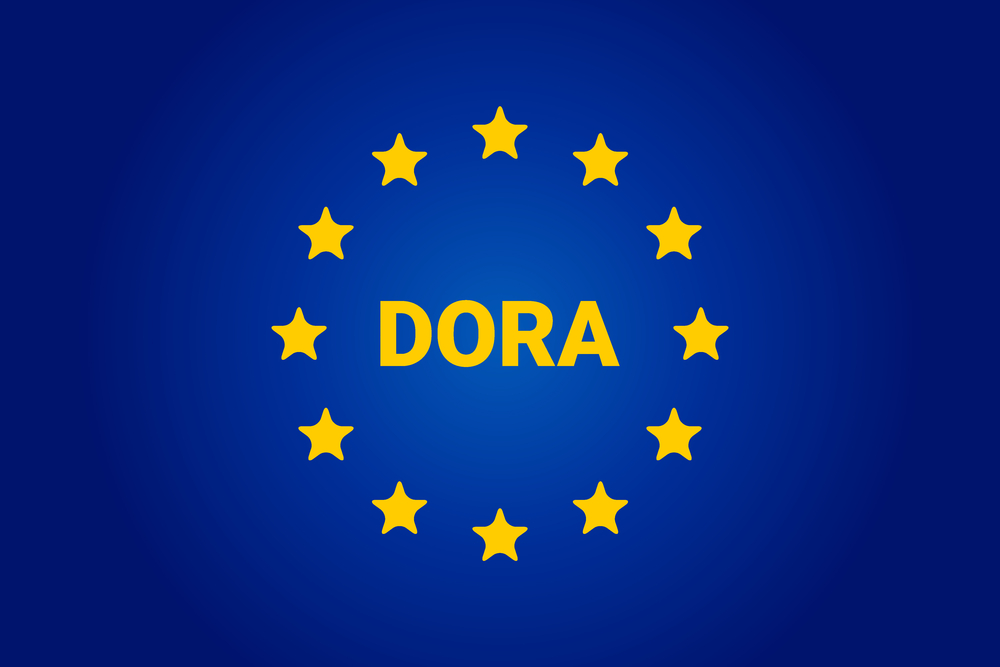
Nearly half of UK financial businesses not ready for a date with DORA
The EU's Digital Operational Resilience Act (DORA) comes into force tomorrow (Jan 17th) but new research shows that 43 percent of the UK's financial organizations are set to miss the deadline for compliance, with 20 percent expecting to do so by at least four months.
Although the UK is outside the EU its strong financial ties with Europe mean firms operating in or interacting with EU markets will need to align with DORA standards to continue their business relationships.

Ransomware victim numbers hit an all-time high
The number of ransomware victims reached an all-time high with more than 1,600 in Q4 2024 alone according to the latest GuidePoint Research and Intelligence Team's (GRIT) annual Ransomware and Cyber Threat Report.
The number of attackers peaked too with a 40 percent year-on-year increase in active threat groups. GRIT identified more than 88 total active threat groups in 2024, including 40 newly observed adversaries.
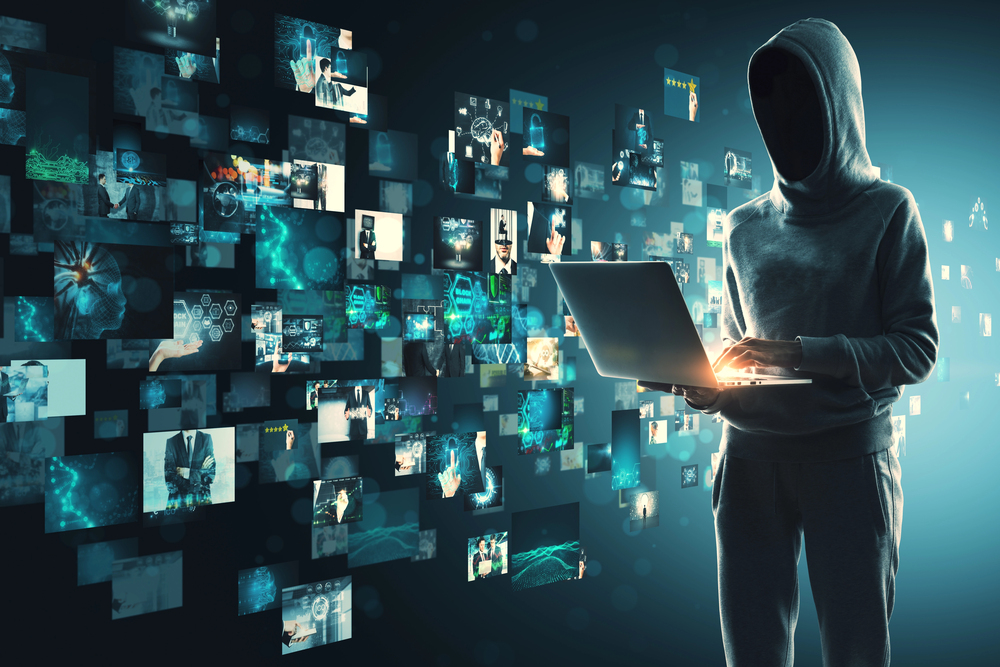
Perilous as a picture -- attackers sneak malware into website images
A new report from HP Wolf Security reveals that attackers are hiding malicious code in images on file hosting websites like archive.org, as well as using the same loader to install the final payload.
These techniques help attackers avoid detection, as image files appear benign when downloaded from well-known websites, bypassing network security like web proxies that rely on reputation.
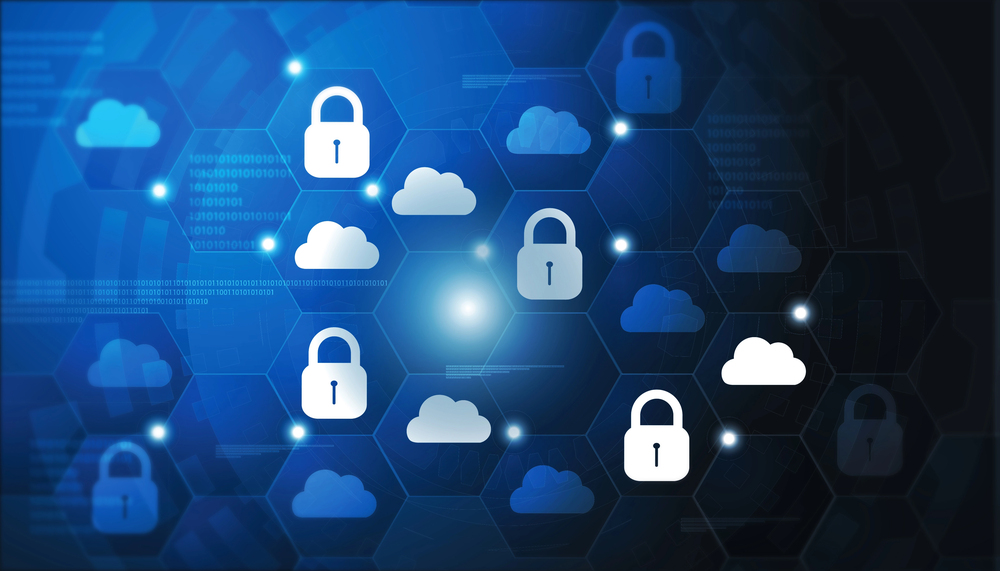
Security and compliance are biggest barriers to cloud adoption
Cloud adoption is at the heart of digital transformation, providing organizations with the agility and flexibility they need to stay competitive in today's rapidly changing marketplace.
A new report from Fortinet looks at the latest trends, challenges, and strategies shaping cloud security, include safeguarding sensitive data, ensuring regulatory compliance, and maintaining visibility and control across increasingly complex hybrid and multi-cloud environments.
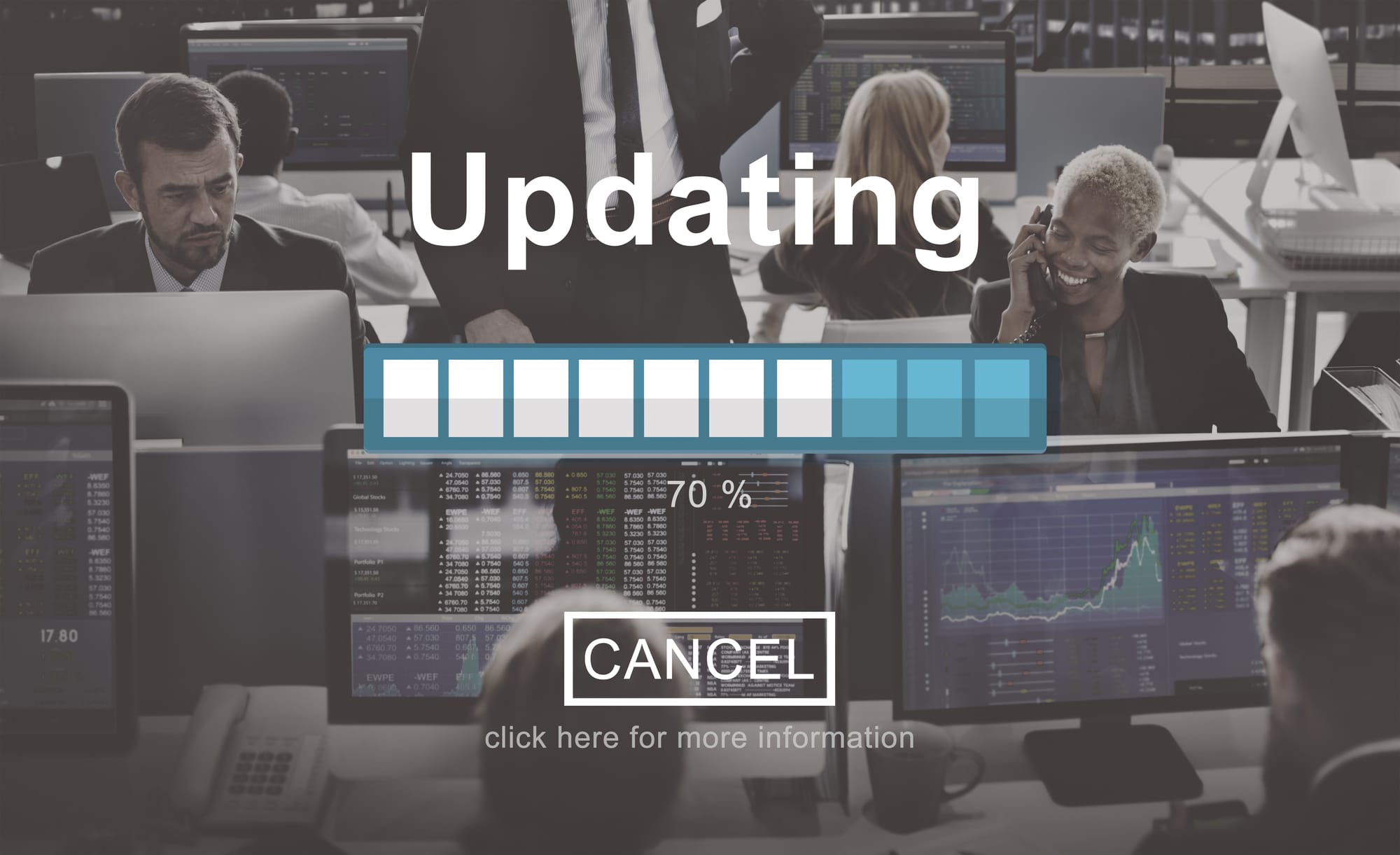
68 percent of organizations don't fix critical vulnerabilities on time
A newly-released report from Swimlane shows that a worrying 68 percent of organizations say remediating a critical vulnerability takes them more than 24 hours.
The survey of 500 cybersecurity decision-makers across the US and UK reveals that 37 percent cite the top challenge in prioritization as a lack of context or accurate information. Similarly, 35 percent report this lack of context hampers their remediation efforts.

